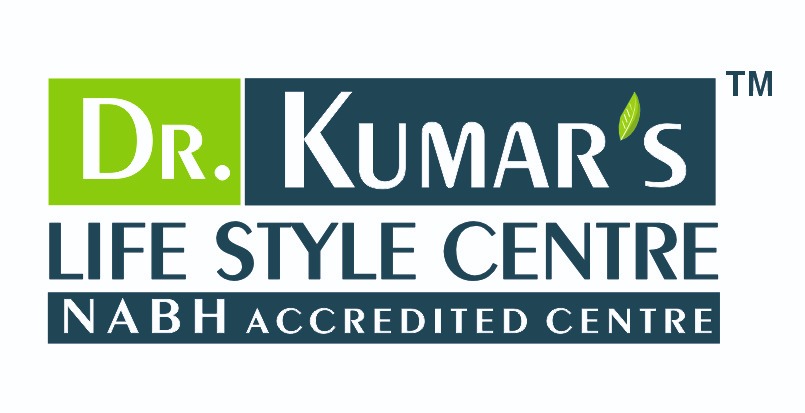
Varicose Veins
Varicose veins occur when your veins become oversized and dilated. The valves in your veins may not be working properly, which causes blood to pool in your veins and makes them larger. Varicose veins are most common in the legs and can cause pain, swelling, and discomfort. If left untreated, varicose veins can lead to more serious problems such as blood clots, ulcers, and skin damage. Treatment for varicose veins may include lifestyle changes, such as wearing compression stockings and exercising regularly. In some cases, surgery may be necessary to remove the affected veins.
Causes of Varicose Veins
There are many possible causes of varicose veins. Some reasons may be more common than others. Varicose veins can be caused by a number of different factors, including:
If you have family members who have varicose veins, you may be more likely to develop them yourself.
The added weight and pressure on the veins during pregnancy can cause varicose veins.
As we age, the walls of our veins can weaken and become less elastic. This can cause valves in the veins to stop working properly, leading to varicose veins.
Being overweight or obese puts extra pressure on the veins, which can lead to varicose veins.

Symptoms of Varicose Veins
Varicose veins are enlarged, twisted veins that often appear on the legs. They can cause pain, swelling, and cramping. In severe cases, they can lead to ulcers or blood clots. There are several symptoms of varicose veins. The most common is a throbbing or aching sensation in the legs. This is caused by the valves in the veins not working properly, which allows blood to pool in the legs. This can also cause the veins to bulge or swell.
Treatment of Varicose Veins in Ayurveda
Varicose veins are a condition in which the veins become enlarged and twisted. Ayurveda, the traditional Indian system of medicine, offers a number of treatments for this condition.
One treatment is called abhyanga, in which the affected area is massaged with warm oil. This helps to improve circulation and reduce inflammation. Another treatment is called Nasya, in which medicated oil is dripped into the nostrils. This helps to clear congestion and improve breathing.
Ayurvedic treatments can be very effective in treating varicose veins. However, it is important to consult with an experienced practitioner before beginning any treatment.
Treatment of Varicose Veins in Naturopathy
There are a number of naturopathic treatments for varicose veins. These include diet and lifestyle changes, herbal medicine, homeopathy, and acupuncture.
Diet and lifestyle changes are often the first line of treatment for varicose veins. This may involve increasing the intake of fiber and water and reducing salt intake. Exercise is also essential in managing varicose veins.
Herbal medicine can be effective in treating varicose veins. Horse chestnut (Aesculus hippocastanum) is a common herb used to treat this condition. Other herbs that may be helpful include ginkgo (Ginkgo biloba), Gotu kola (Centella Asiatica), and witch hazel (Hamamelis virginiana). Homeopathy can also be used to treat varicose veins.
